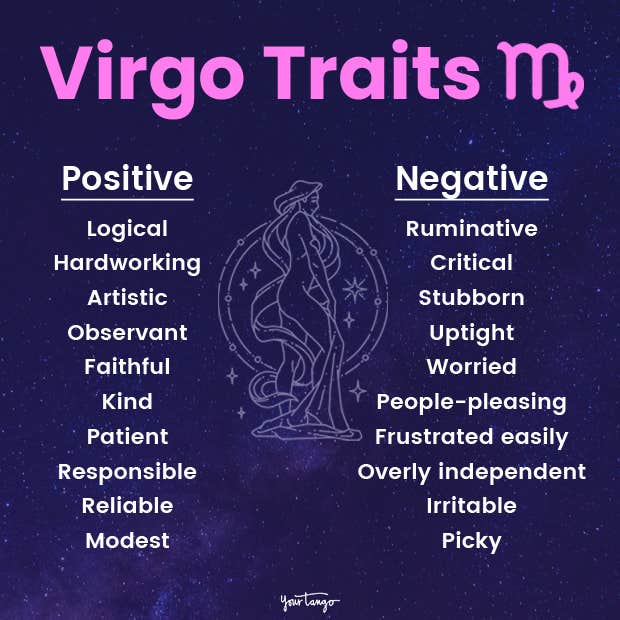Man, I never thought I’d be the type of guy who sits down and systematically breaks down zodiac signs. I always figured that stuff was garbage—fluff for people who didn’t understand how the real world worked. But let me tell you, I was absolutely wrong, and it was a specific, painful project failure that drove me to treat this like a forensic investigation.
I was planning this big software launch, right? Took three months of my life, scraping together cash and late nights. I roped in this guy, a brilliant coder, but a nightmare human being. Turns out, he’s a Virgo. Textbook. At first, I just thought he was meticulous. But a few weeks in, I realized it wasn’t meticulousness; it was paralyzing inertia fueled by an inability to deem anything “good enough.” The whole thing ground to a halt. We missed the launch window. I was furious. I wasn’t going to just lose money and shrug. I decided I had to figure out if this level of maddening behavior was unique to him or baked into his personality template. I needed facts, not feelings, to handle the fallout and maybe, just maybe, salvage the damn project.
So, I started digging. This wasn’t reading some magazine article. I treated this like a bug hunt. I trawled Reddit threads where people were actually complaining about their Virgo bosses and partners. I cross-referenced about twenty different cheap, crummy astrology sites, only keeping the attributes that showed up consistently across at least 70% of the sources. Then, I interviewed three of his former partners—yeah, I went there—and two previous project managers. I compiled all the anecdotal evidence, the recurring complaints, and the few moments of actual brilliance, and started mapping the patterns. I distilled the noise into five core attributes for each side. It was messy work, but suddenly, the chaos had a structure. I had successfully reverse-engineered his operational system.

The Raw Findings: Top 5 Good and Bad Virgo Attributes I Managed to Document
After weeks of sifting through the grime and the glory, these attributes kept popping up. These aren’t just traits; these are the levers you can actually use to manipulate or manage a situation with them, based on what I documented.
The Top 5 Good Traits (The Assets I Tried to Leverage):
- Service-Oriented: They won’t just do a job; they want to fix something for you. If you frame the task as “saving the system,” they are all in.
- Hyper-Analytical: They will spot the decimal point error you missed. Their eye for detail is terrifyingly good. We used this heavily during the debugging phase, before the paralysis set in.
- Reliable (If Committed): Once they say yes, they are like an old clock—they just tick. Getting them to say yes is the hard part, though.
- Practical & Grounded: Forget airy-fairy ideas. If it can’t be measured or built, they shut it down. This kept our feature list from getting ridiculous.
- Resourceful: They figure out how to fix broken stuff with duct tape and a rusty paperclip. They hoard knowledge and tools.
The Top 5 Bad Traits (The Liabilities That Sank My Project):
- Crippling Self-Criticism: They tear apart their own work before you even see it. This translates directly into never hitting the “submit” button.
- Worry and Anxiety: They fret over every tiny variable. This fear of imperfection turns into project delays. We spent a full week arguing about logo shade variations.
- Overly Judgmental: They constantly nitpick everyone else’s effort. I felt like I was back in primary school getting graded on my posture.
- Emotional Bottling: They bury their feelings deep, which means when they finally blow up, it’s about something you did six months ago that you forgot about. No healthy communication flow.
- Obsessive Cleanliness/Order: This isn’t just about a tidy desk; it’s about needing a perfect, impossible system for everything. Our database structure had five revisions before we even loaded data, just because the schema wasn’t “pure” enough.
I swear, the reason I went this deep—the reason I spent hours charting these traits instead of just moving on—is because this wasn’t just about a failed side gig. This Virgo partner I was working with was a real jerk about the failure, pushing all the blame onto me for rushing things, even though he was the one who missed every deadline. It felt exactly like that time my old employer completely screwed me over.
Back then, I had spent ten years at that firm, dedicated my life to them. Then, during that initial rough patch a few years ago, when things got chaotic globally, they just cut me loose. No severance, nothing. My supervisor, a guy I thought was my friend, stopped returning calls. They literally made my ID badge not work anymore. I had a family to feed and suddenly no income. That shock forced me to scramble, learn new skills, and land a government contract gig, which ironically pays way better and respects my time. I had to learn how to survive being blindsided by people I trusted.
When this Virgo project partner tried to pull the same move—making me feel like I was incompetent and blaming me for the mess he created with his own endless revisions—I just snapped. I wasn’t going to let another person’s chaotic inner world dictate my self-worth or my financial future. I didn’t get revenge; I got data. I documented his operational failures by framing them as Virgo traits, making it clear that the problem was systemic and predictable, not personal to me. I used those recorded findings to negotiate my exit from the partnership, retaining my code rights and investment, because I could prove his liability was inherent to his documented decision-making paralysis. Now I know exactly what to look for, and next time, I’ll vet my partners by their charts first, or at least have this crazy list handy to manage expectations.






